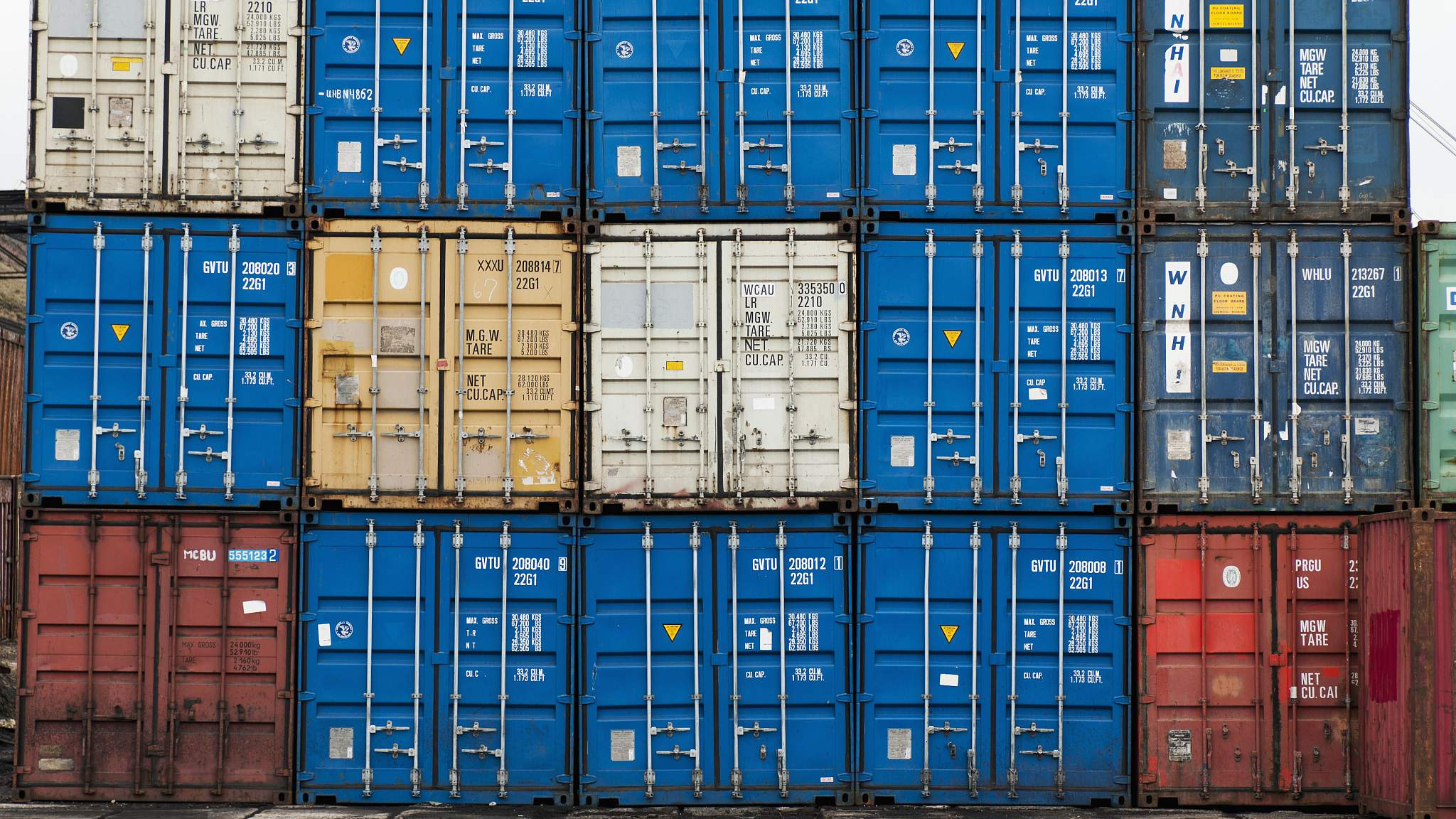
(Photo: CGTN)
Rejecting the agreement reached by China and US in May and ignoring global interests, President Donald Trump’s government announced it would impose tariffs on about 50 billion US dollars worth of Chinese goods. It soon triggered broader global debates and raised concerns about the global trade war launched by Trump. US policymakers should take a lesson from history and not repeat the mistakes of the Great Depression of the 1930s.
A zero-sum game
Trump's trade policy reminds the world of the Smoot-Hawley Tariff Act, which raised US tariffs on over 20,000 imported goods and was signed into law by then US President Herbert Hoover on June 17, 1930. It got its name from the two sponsors, Senator Reed Smoot and Representative Willis C. Hawley. At the time Hoover hoped tariffs would increase domestic jobs and help the US economy. It did, of course, had the opposite effect and triggered a series of retaliatory tariffs by other countries and only served to worsen the economic recession of the US in the 1930s.
Back to 2018 and this May 1,143 world-renowned economists, including 15 Nobel laureates, signed a letter warning US President Donald Trump that his protectionist policies risk leading the US towards the same devastating mistakes made in the 1930s.
According to the research conducted by American think tank the Brookings Institution, even if a “small” trade war breaks out globally, that is, if tariffs increase by 10 percent, the GDP of most economies will be reduced by 1 percent to 4.5 percent, of which US GDP will lose 1.3 percent; if there is a serious global trade war outbreak, then tariffs could increase by 40 percent, and the global economy will suffer something like the great depression of the 1930s.
Worsened unemployment
In 2009, the US tried to protect the development of its local tire industry from the competition with Chinese counterparts by using tariffs. It turned out to be in vain. According to the data published by Peterson Institute for International Economics, an American think tank based in Washington, DC, although the tariff helped the US to create 1200 jobs in the tire industry, American consumers had to spend an additional 1.1 billion US dollars on tires as a result of the higher tariffs. It meant that the cost of every job “created” cost the American consumer roughly one thousand US dollars! At the same time, since American consumers don’t just buy tires, it meant that they had less money to spend on other American goods, leading to lost job opportunities in other areas. According to a study, the US lost 2,531 jobs due to the higher tariff on tires. That means the very tariff that was brought in to create jobs actually caused a net loss of 1,331 jobs.
Originally, when first elected, Trump attempted to bring manufacturing industry back to the US for the purpose of appealing to his supporters of lower socio-economic status. The result, however, will be the exact opposite of what he is trying to achieve. It won't help the US revive the manufacturing industry, but causes the US to lose more jobs.
According to the research conducted by World Trade Consultant inc, the steel and aluminum tariffs will help the US steel and aluminum industry to create about 33,000 jobs, but at the same time it will result in the loss of about 179,000 jobs in other industries that rely on imports of steel and aluminum products, so the new tariff is expected to result in a net loss of about 146,000 jobs in the United States.
Good-for-nothing
When discussing the US tariffs it is also important to look at one of the main reasons Trump has given for imposing them, the trade deficit.
Historically, Section 301 investigations have always been used as the main measure by the US government to tackle the trade deficit with other counties. However, according to the research conducted by Scott Lincicome, a firm of international trade attorneys, more than half of the investigations made by the US government between 1975-1994 failed to achieve the goal to improve the American economy.
It is the ineffectiveness of Section 301 investigations that forced the US to give up conducting them, especially when the Global Trade Organization was established in 1995.
However, with the ideology of "America first", Trump has embarked on unilateral trade actions which have proved to be wrong by his predecessors, insisting on imposing tariffs on Chinese goods that are seen as a signal of launching a global trade war.
US trade practices have clearly deviated from the general trend of economic globalization and violated the principles of the WTO. The actions have been vehemently opposed by different parties throughout the world. China, the EU and Canada have announced counter-measures against the US.
Lincicome points out that if Trump can't take a lesson from history, his decision may not only damage the interests of the American people but sharply jeopardize the global economy. If he doesn’t change his mind, and policy, the result would be catastrophic!
As the world's two largest economies, fighting a trade war not only fails to be in the interest of either China or the United States but is not conducive to the long-term stability of the world economy. What the US should do is take stock of the lessons of history, rationally look at the overall situation and local friction in Sino-US economic and trade relations, negotiate for a win-win solution with China, and work together to maintain an open, rules-based multilateral trading system.


